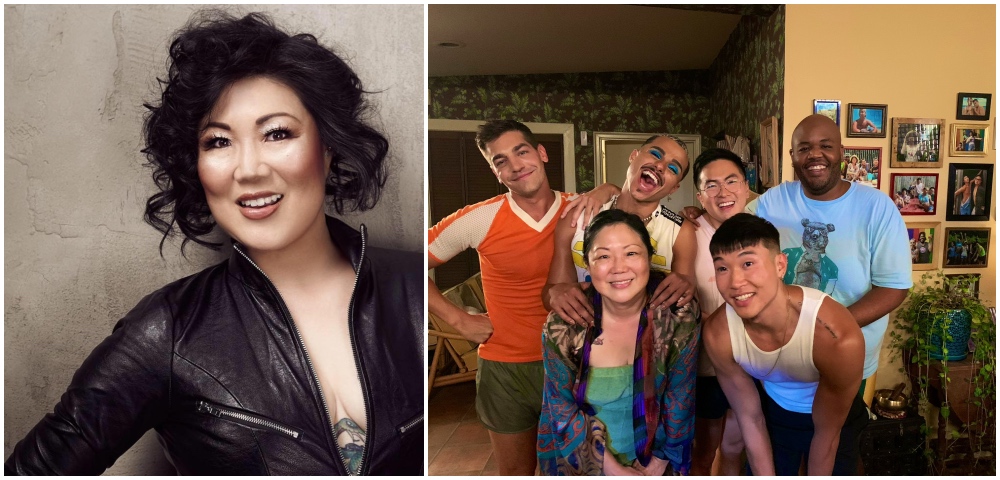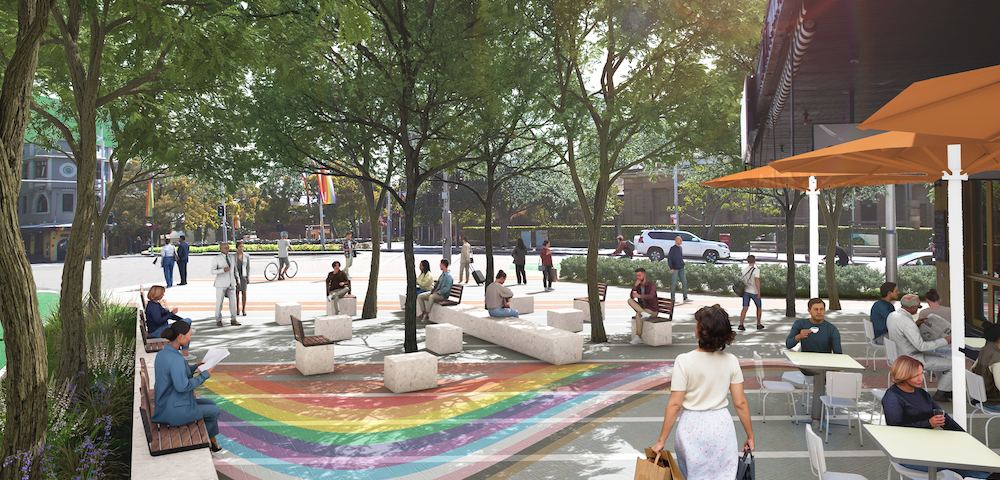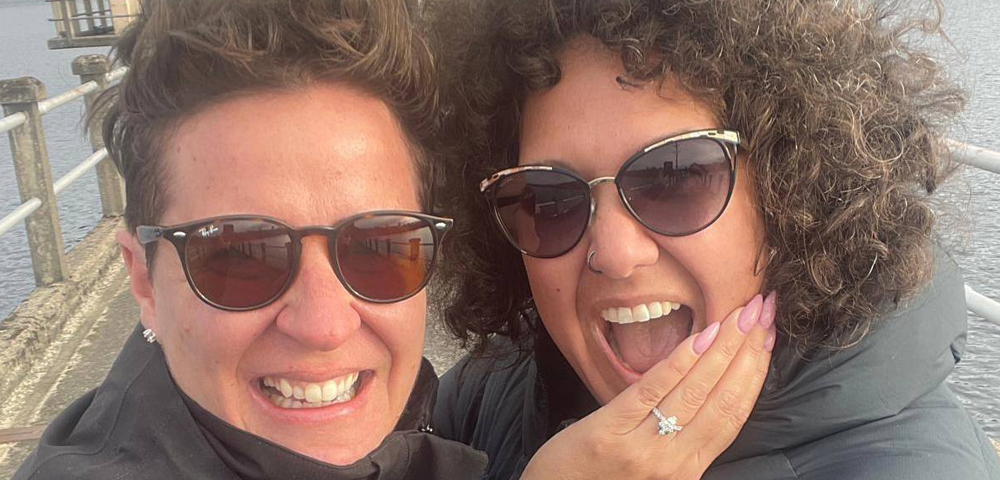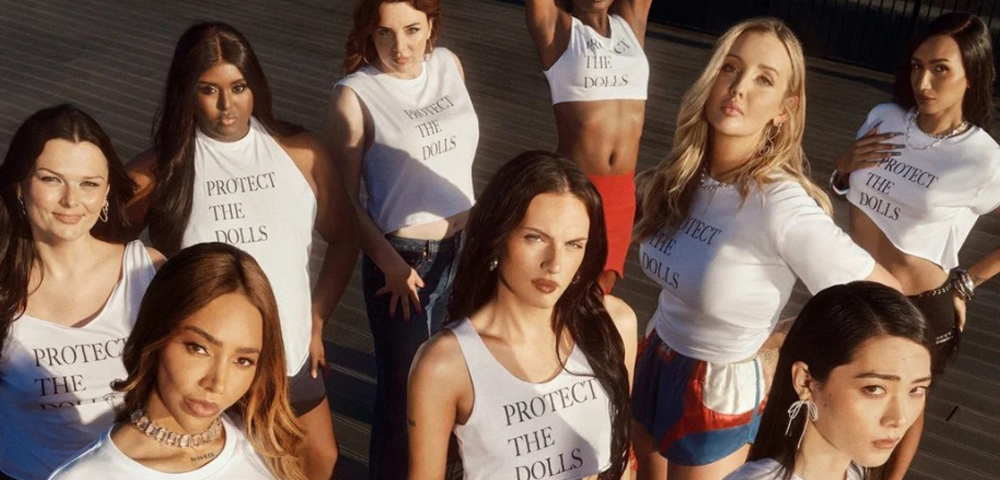
Margaret Cho Speaks on Discrimination She’s Felt As a Queer Asian Woman

Margaret Cho described feeling invisible as a bisexual woman because of the lack of representation and absence of leading figures in the media to whom she could relate as an Asian American and a queer woman.
The comedian spoke with E!News and described why she believed representation was vital for LGBTQI communities and praised stars like Lil Nas X, an openly gay black male artist who occupies the country and hip hop music world, for doing “such great work” in promoting queer voices.
Cho guest narrates the first episode of The Book of Queer, a five-part series that reflects on queer figures of the past, and their impact today and is a rousing celebration of queer joy.
When asked what Pride Month meant to her, Cho asserted that it wasn’t about a singular parade or a short time taken out of the year to celebrate queerness.
“I think that more than ever we have to celebrate ourselves and look to protecting our rights- whether that’s protecting trans kids, trans legislation or increasing our own visibility throughout the media,” she said.
She declared it was vital for queer people to continue to be made visible and that through avenues like media and representation, LGBTQI -identifying individuals would be able to “maintain and advance our own rights and abilities to continue to exist and to thrive.”
Best known for her stand-up routines where she openly critiques social-political issues revolving around race and sexuality, Cho spoke about the intersection of culture and her own journey with sexuality during a conference that promoted The Book of Queer.
“My parents owned a gay bookstore in San Francisco, and I grew up in gay culture but the Korean society that we’re from doesn’t acknowledge queer culture.
In fact, they still have gay pride parades in Korea but people are often not allowed to take photographs because they don’t want to have a witness to being there. So it’s still very taboo in a lot of Korean society. It’s very confusing. I think for my experience it was always very individual,” she said.
Cho shared that she felt unseen by society and that feeling “like you exist” innately offers individuals a power that can’t otherwise be felt when there is a lack of representation of people who you can look to as a point of reference.
“I think my emergence in television in 1994 influenced an entire generation of Asian American and queer comedians to be out there,” she said.









